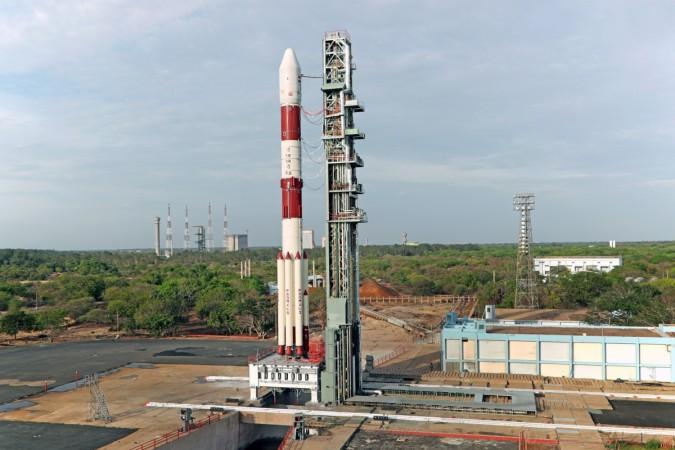The Indian Space Research Organisation (ISRO) is reportedly developing a small launch vehicle that can be assembled in just three days. A normal-sized Polar Satellite Launch Vehicle (PSLV) generally takes at least 30 to 40 days to be assembled.
The new launch vehicle reportedly can be built at a price of one-tenth the original manufacturing cost of a PSLV, which is generally in the range of Rs 150 crore to Rs 500 crore across the world, according to reports.
Director of Thiruvananthapuram-based Vikram Sarabhai Space Centre (VSSC), Dr K Sivan, at an international seminar on 'Indian Space Programme' said, "ISRO is busy developing a small launch vehicle which is likely to be ready for launch probably by 2018-end or early-2019. The cost of this vehicle will get drastically reduced by one-tenth of the manufacturing cost of a normal PSLV."
"However, this rocket will have the total payload capacity of 500 to 700 kg and can launch satellites only up to the polar sun-synchronous orbit or near-earth orbit (500-700 km in altitude)," he added.
![[Representational Image] Rocket](https://data1.ibtimes.co.in/en/full/628634/rocket.jpg?h=450&l=50&t=40)
India has a large number of satellites in the near-earth orbit which are used for earth imaging, weather tracking and reconnaissance.
"The weight of this mini-PSLV will be just 100 tonnes as compared to 300 tonnes of the normal-sized launch vehicle," Dr Sivan said.
ISRO chairman A S Kiran Kumar had recently in a statement said that the Indian space agency is striving to "reduce the cost of access to space" to avail more space technologies that can be used for the common man's benefit. The current "cost-effective" launch vehicle programme resonates Kumar's statement.
"The amount of money used in building a normal-size PSLV rocket can actually be used to manufacture multiple numbers of such mini-PSLVs, which, in turn, can launch several satellites. So, Isro will be able to launch several satellites in less money," Dr Sivan added.

"Like a normal PSLV, such small vehicles will be capable of launching multiple nanosatellites," he said.
ISRO has begun working on building small rockets considering the emerging market of nanosatellites. The Indian space agency accommodates satellites of foreign customers in vehicles only as secondary passengers, however, with the agency's eye on capturing the nanosatellites market, the new launch vehicle will be very beneficial for foreign satellite customers as the rocket can be readied in just three days on demand.











